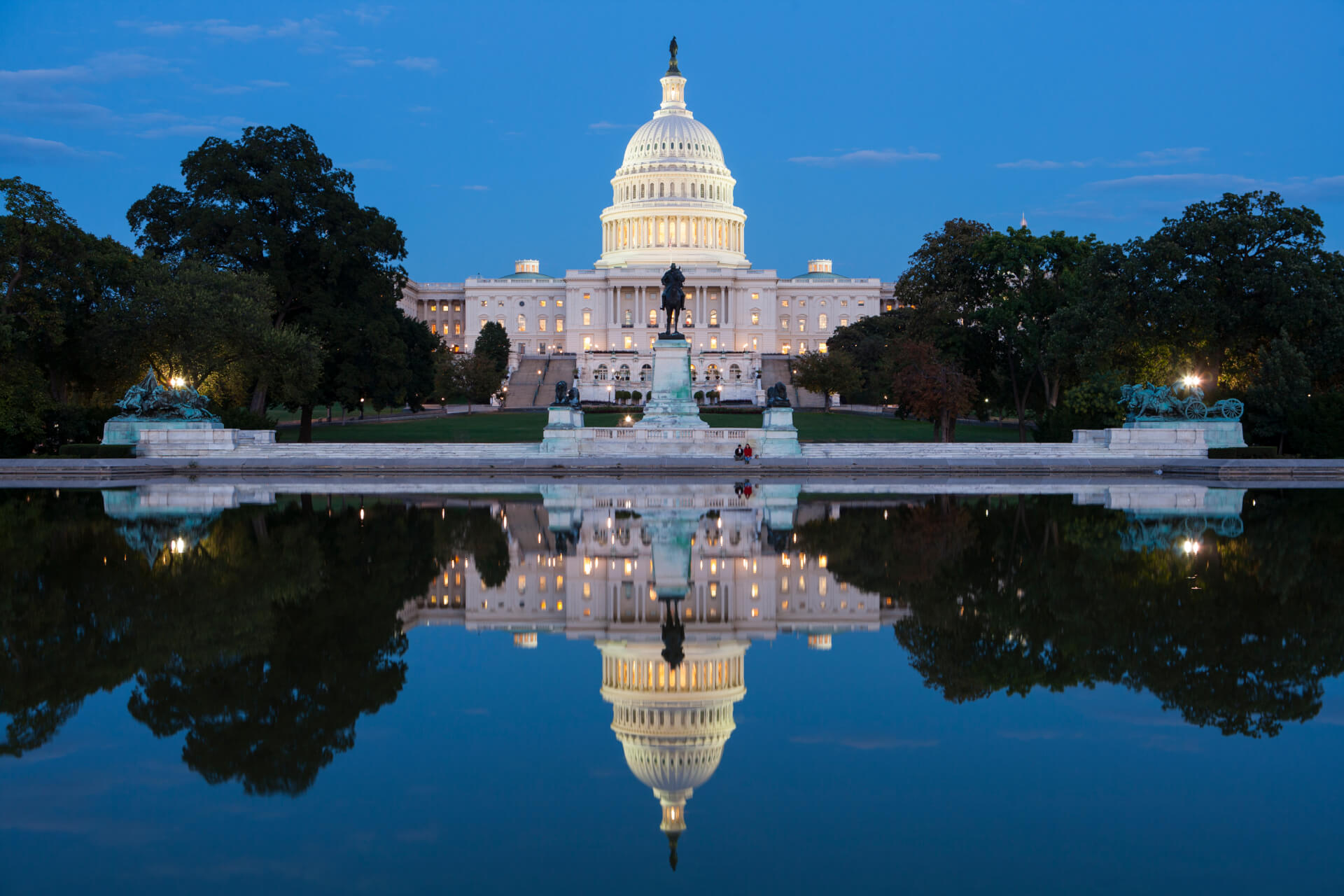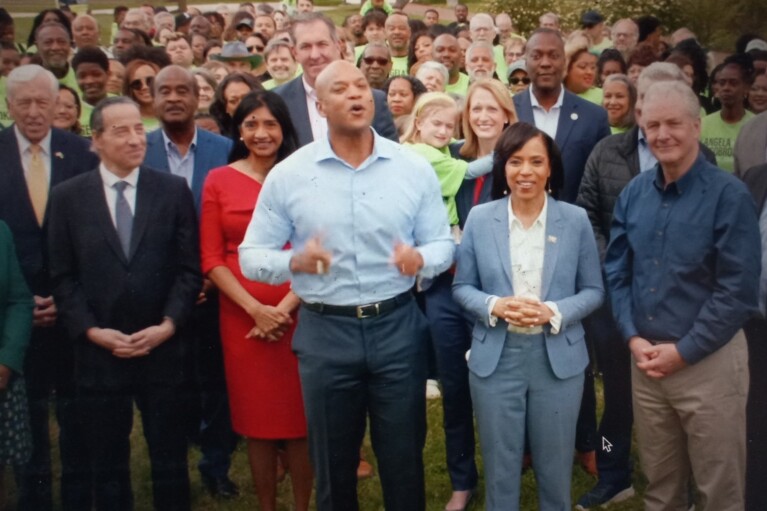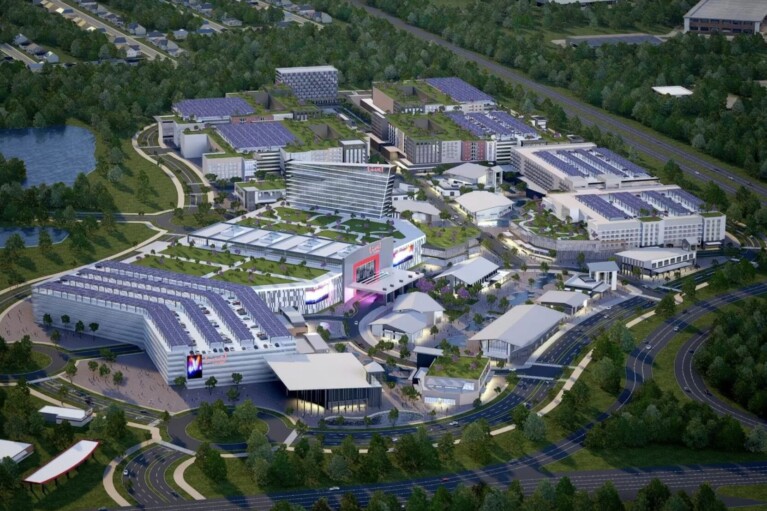In effort to improve public policy, simulations put everyday people in policymakers’ shoes

Editor’s Note: This article originally published Sept. 12, 2023. It is being republished today after the Voice of the People forum co-hosted by Maryland Matters was rescheduled for Oct. 29 from 3:30 p.m. to 5 p.m. The forum will be livestreamed on the Maryland Matters website this Sunday. The original forum date was moved as Congress undertook a series of votes to avoid a government shutdown in September.
Ever wondered what it’s like to serve in the halls of Congress? Think you can do better than the elected officials there now?
A unique public policy experiment created by the University of Maryland’s Program for Public Consultation seeks to put the average American in the decision-making shoes of their congressional representatives — and sow common ground and build public policy polling at the same time.
Since 2019, the center, in partnership with nonprofit Voice of the People, has conducted a series of public policy simulation forums in congressional districts across five states.
In the exercises, large representative samples of constituents go through an online public consultation survey called a policymaking simulation, considering arguments for and against federal policy proposals. A subgroup of the representative sample then comes together for a public meeting to discuss their conclusions with their elected member of Congress.
The goal of the public consultation forums is to promote civil dialogue, identify common ground on critical issues, and help elected officials better connect with their constituents, said University of Maryland professor Steven Kull, who founded Voice of the People and developed the policymaking simulation methodology.
“People are very enthusiastic about this, the demand for it is very high,” Kull said. “Americans feel that members of Congress don’t have a very good understanding of the views of their constituents … because really there are just not very good methods” to gather public policy views.
In a 2021 survey of 4,300 registered voters by the University of Maryland’s Program for Public Consultation, large bipartisan majorities said elected officials are less responsive to their constituents than they should be and have a poor understanding of the public’s views.
“So we’re trying to build those linkages,” Kull said. “And people do feel that this is a very meaningful way for them to get engaged … and to weigh in.”
Voice of the People is currently conducting a public policymaking simulation in Maryland’s 6th Congressional District, with the results to be revealed at an Oct. 29 forum cosponsored by Maryland Matters.
The survey focuses on whether the government should allocate about $10 billion to fund substance use treatment for all those who want it and whether law enforcement should have specialized training in how to handle those with substance use disorders and get them into treatment rather than prison.
A representative sample of residents in Western Maryland, more than 700 people, were presented with information about policies to treat substance use disorder, then asked a series of questions about federal funding and policy efforts.
It’s a debate of acute importance.
In 2022, there were 2,059 fatal overdoses in Maryland, according to preliminary Department of Health statistics.
Nationally, deaths from drug overdoses have surged over the last two decades. In 2020, about 100,000 people died from drug overdoses, more than triple what it was in 2000. In addition, each year about 90,000 people die from alcohol misuse.
In a national online policymaking simulation about substance use disorder in 2022, Voice of the People found that large majorities of both Republicans and Democrats supported federal funding for “treatment on demand,” for everyone who wants it.
Questions in the simulation are all borne from recent or current congressional legislation or debate, and anyone who completes the exercise can share their results and accompanying thoughts with their representatives.
The program does not take positions on policy but seeks to give citizens a more effective voice in the policymaking process.
The information and questions posed to participants are vetted by advocates both in favor of and against the policies under consideration. About one-third of past participants said the process caused them to reconsider their policy stances, according to Voice of the People.
Kull said the forums lead to robust and meaningful discussions among participants.
“Because people have gone through the pro and con arguments, and they see the complexities, people are usually not that strident,” he said. “They’ve seen the nuances and then and then it’s possible to have a nuanced conversation. And that’s kind of refreshing.”
While in-person forums as part of the policymaking exercises are locally focused, anyone can take part in more than 60 policymaking simulations on the Voice of the People website — on topics ranging from solitary confinement to solar panel tariffs to election reform to the United States involvement in the Ukraine-Russia war — and share the results with their representatives.
Two of the in-person forums have been held in Maryland’s 8th District, with public opinions on government reform and environmental policy shared with Rep. Jamie Raskin (D). A forum in Wisconsin’s 2nd District focused on social security policy with Rep. Mark Pocan (D). In Pennsylvania’s 1st District, residents took part in a policymaking simulation on police reforms with Rep. Brian Fitzpatrick (R).
JP Thomas, vice president of Voice of the People, said all lawmakers who have taken part in a policymaking forum have said they would do it again, and 90% of participants said they would encourage others to participate.
A wide majority of participants, 80%, have said similar events could help the country become less polarized.
“I like that you’re bringing different cross-sections together from the community to talk about an issue that has to be bipartisan if it’s going to survive both chambers of congress,” Fitzpatrick said after a 2020 forum.
At a 2019 forum on government reform in Rockville, Raskin said the forum was “what Congress should be when you think about it.”
“A microcosm of the whole country, where people get together, take serious ideas seriously, have a debate, a discussion … and then we’re trying to arrive at the best solutions possible. So this is a great model.”
In advance of the Oct. 29 forum in the 6th District, anyone is invited to take the policymaking simulation and share their informed thoughts with their representatives. To take the online survey, click here.




 Creative Commons Attribution
Creative Commons Attribution